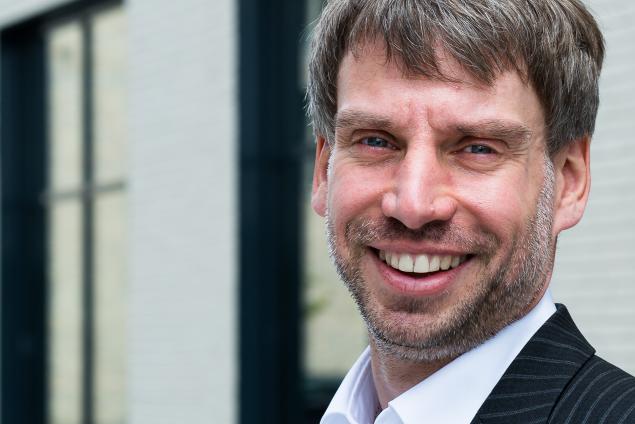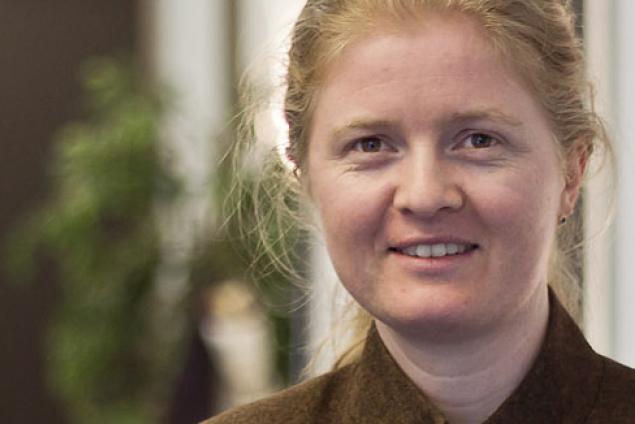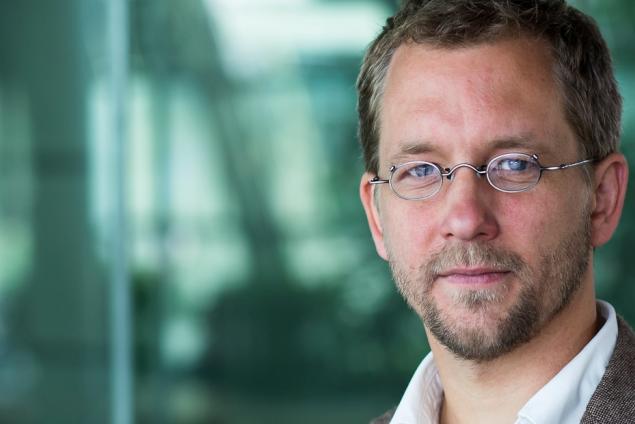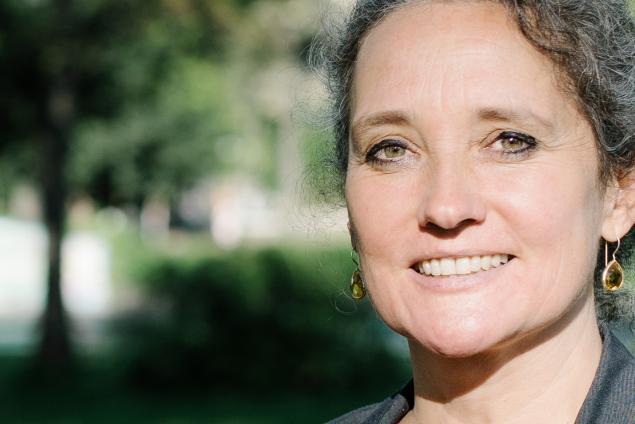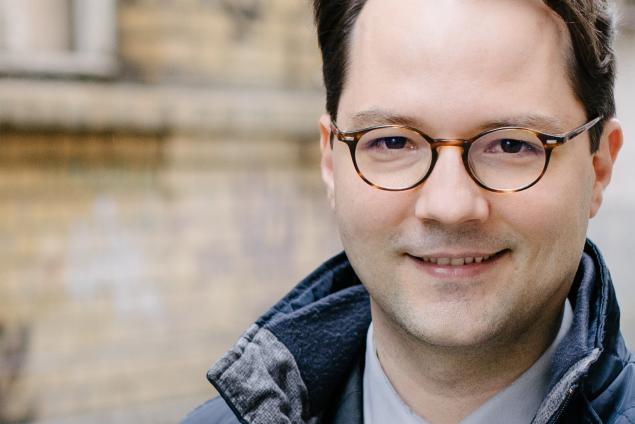Scroll to Section:
Media Control means uses of media in terms of political power, e.g., censorship. By the means of discourse analysis, the research presented in this video investigates the communication of authorities and asks how they communicate about media they want to censor. As STEPHAN PACKARD explains, his analysis reveals two competing questions in those discourses. One is where and with what legitimacy a line is drawn between controlled communication and controlling agency; the other is which rules are generally governing the, possibly censored, communication in question.
DOI:
https://doi.org/10.21036/LTPUB10117
Institution
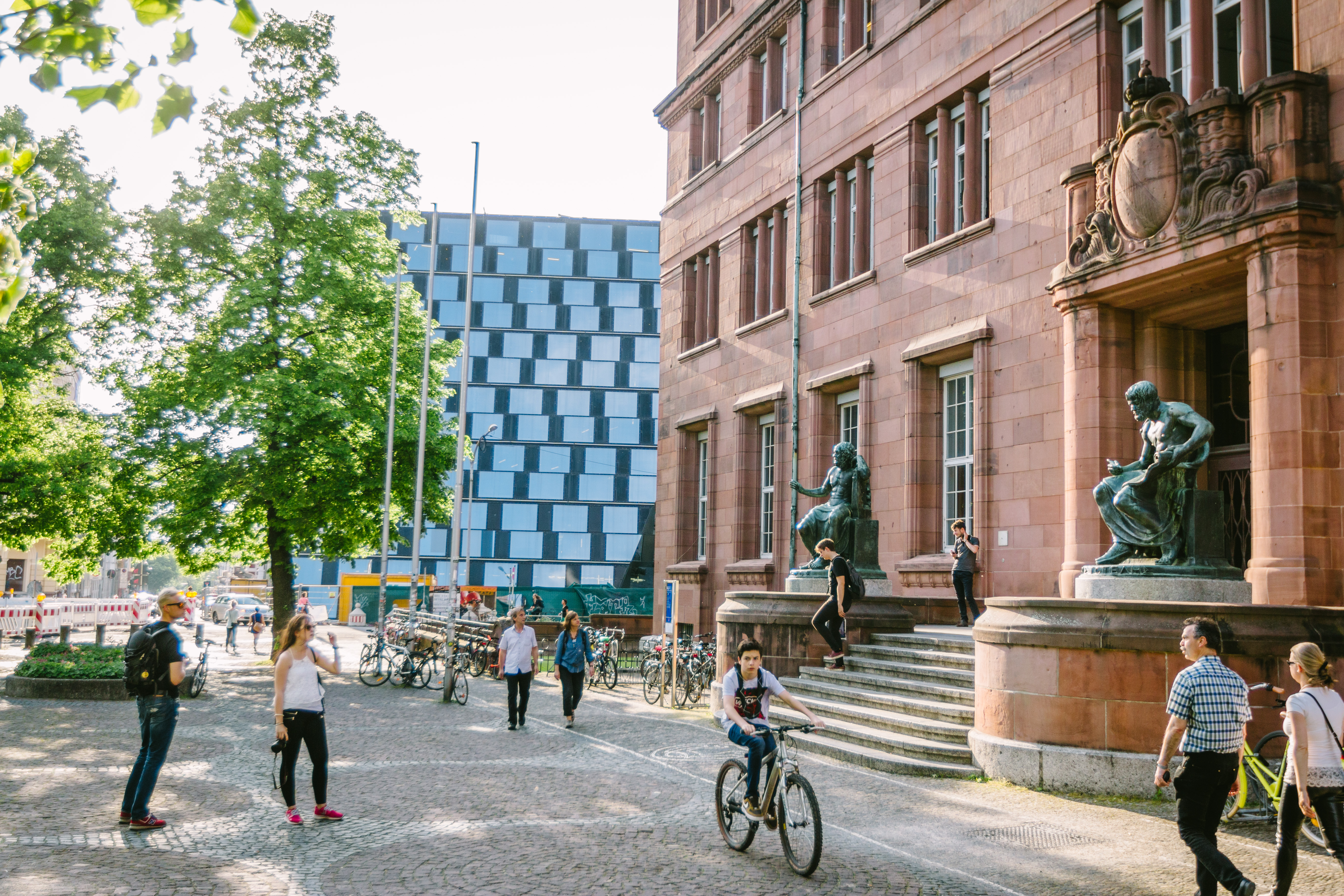
Albert Ludwigs University of Freiburg (Albert-Ludwigs-Universität Freiburg)
Founded in the 15th century, the University of Freiburg has a long-standing reputation of excellence in academic teaching and research. Among the most renowned university members were the philosophers Edmund Husserl and Martin Heidegger, the economist Walter Eucken, and such Nobel Prize winners as Hans Spemann, Hermann Staudinger, Georg von Hevesy, Friedrich August von Hayek and George Köhler. Today, with its mixture of traditional subjects and modern technology, the University of Freiburg is flourishing more than ever. The university and its hospital employ more than 19,000 staff members. Organized according to the classical model of a comprehensive university, it provides 25,000 students with a broad range of subjects – from applied information technology, the entire spectrum of medical specialities and natural sciences to the fields of humanities and social sciences. Freiburg’s research and teaching policies aim to overcome the barriers between individual disciplines to create opportunities for new perspectives on complex problems. By supporting collaborative research projects across boundaries and implementing centers of knowledge and interdisciplinary graduate colleges, the university provides the disciplines an effective means by which to benefit from each other’s knowledge.
An added benefit that comes with such flexibility is an increased international interest for our university: We are pleased to have a significant number of scientists and students from all over the world, whose culture-specific views of scientific procedures and research approaches enrich the dialog with their German counterparts. 16% of the student body are from foreign countries. The general international exchange of scientific results and experiences also plays an important role at the University of Freiburg. More than 300 partner universities and programs on five continents, together with the alumni association, form a first-class international network. (Source: University of Freiburg)
Show more
Original publication
Draußen und Überall. Zwei heuristische Begriffe zur Diskursanalyse medialer Kontrolle
Mediale Kontrolle unter Beobachtung
Published in 2012
Reading recommendations
Ruled Out: Vocabularies of the Censor
Censorship and Silencing. Practices of Cultural Regulation.
Published in 1998
Manufacturing Consent. The Political Economy of the Mass Media
Published in 2002The Ontology of Censorship
Censorship and Silencing. Practices of Cultural Regulation
Published in 1998
Media Control
Mediale Kontrolle unter Beobachtung
Published in 2012
Beyond
A Ground-breaking Scientific Revolution
An Alarming Challenge for Society
If I Had a Second Life
A Personal Reading Recommendation
